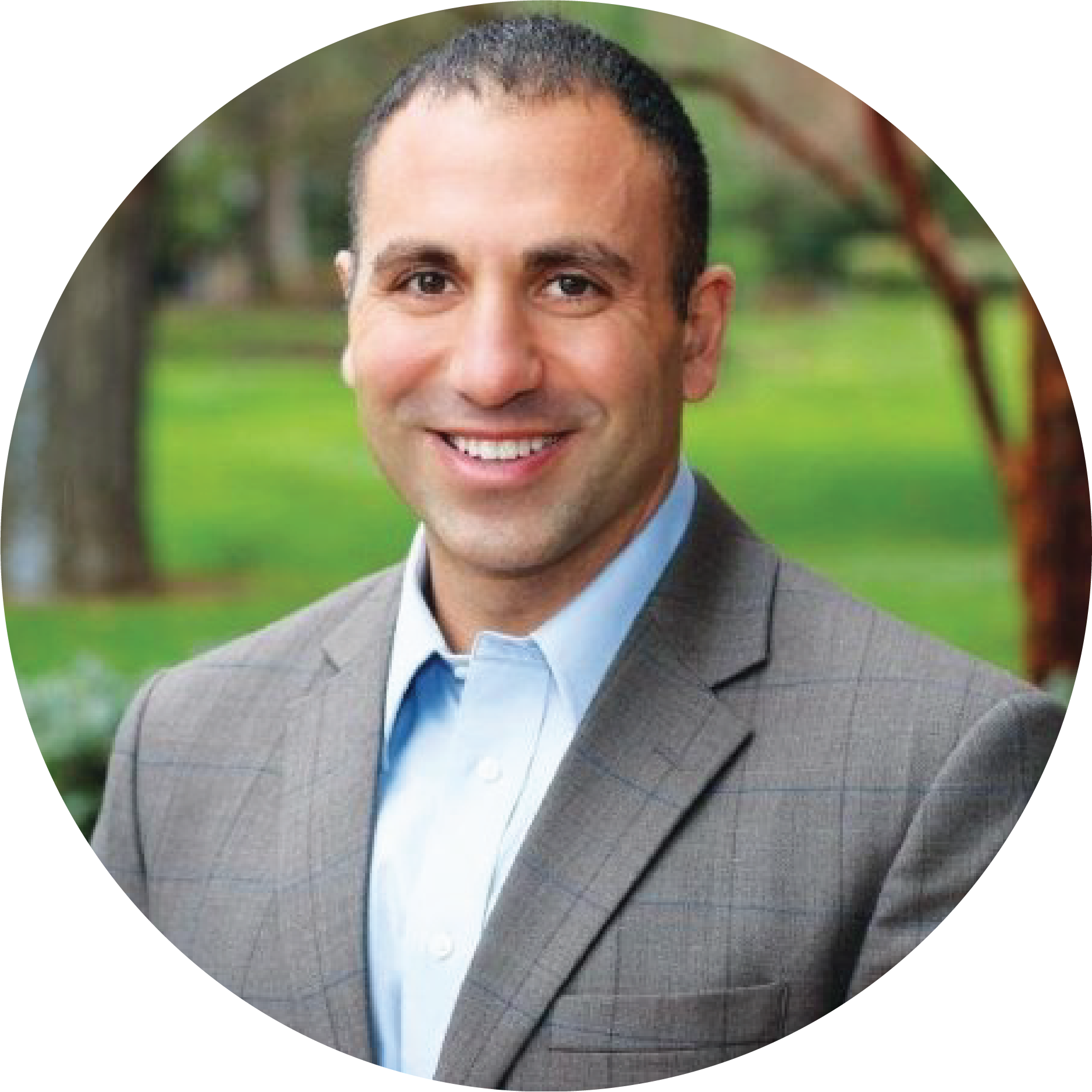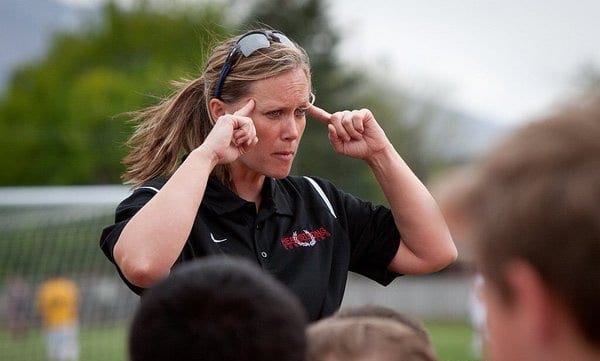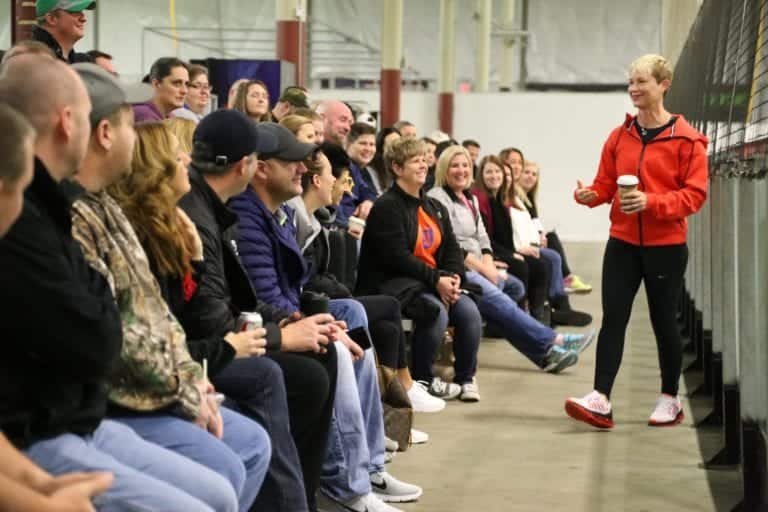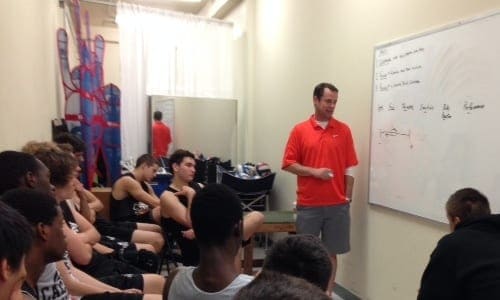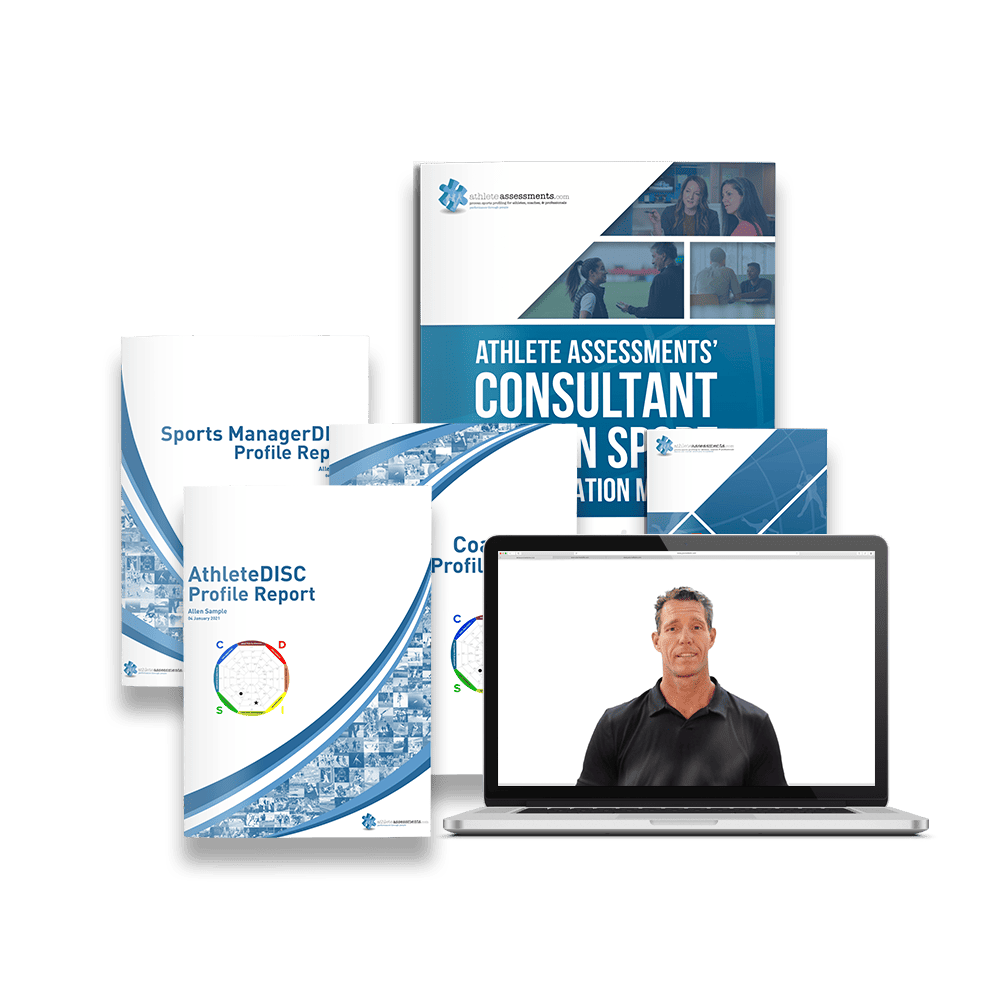With Joshua Gordon: An insight into effective conflict management and resolution, both proactive and reactive
Josh Gordon relishes the opportunity to resolve fractious conflicts or situations engulfed by ineffective cultures. He’s a conflict management specialist, founder of the Sports Conflict Institute, and co-author of essential reading, The Sport’s Playbook: Building Teams That Outperform, Year After Year.
In this article Gordon explains why sport is a fertile breeding ground for conflict, the impact of building a culture from the ground up and the potential damage that conflict can cause regardless of whether it’s acknowledged or unacknowledged. His insights provide compelling reading for anyone, but especially coaches working to keep athletes performing at peak levels.
Gordon founded the Sports Conflict Institute to provide both proactive and reactive conflict management and resolution services to the sporting industry. He’s attached to the University of Oregon and for a window into the professional life of this highly qualified legal strategist, mediator, educator and facilitator, I share a line from his online biography, “(Gordon) especially appreciates and enjoys complex, multi-party conflict that requires non-traditional solutions to impasse.”

I opened our interview by asking him, why someone with more than 25 years’ experience, spanning business, education and gang-related violence wanted to specialize in sport. He answered, “sport remains the one arena where just about all of society engages, globally and locally, and most often performance and success matter a great deal. It’s this nexus of competition and diverse stakeholders that make it so ripe for conflict and also creates an openness to innovation.”
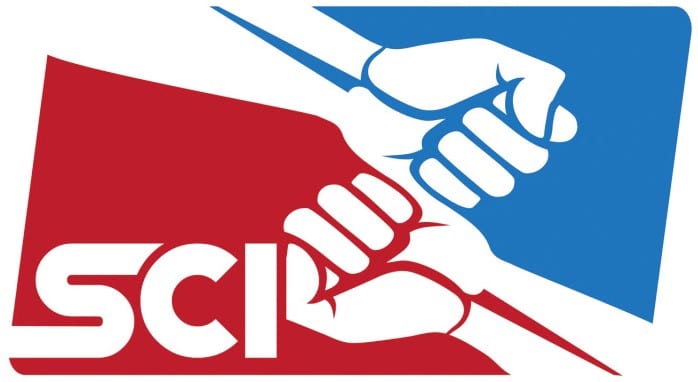 Gordon’s consultancy is renowned for its innovation. The Sports Conflict Institute partners with their clients guiding them through every stage. They begin by reframing and disseminating the message about involving a conflict resolution consultancy – not a public acknowledgement of problems, conversely, a sign of proactive management. Gordon and the Sports Conflict Institute consultants work with their clients to define the problem, decide what’s to be worked on, how to include everyone and ensure that they understand their part in the solution, both short-term and long-term.
Gordon’s consultancy is renowned for its innovation. The Sports Conflict Institute partners with their clients guiding them through every stage. They begin by reframing and disseminating the message about involving a conflict resolution consultancy – not a public acknowledgement of problems, conversely, a sign of proactive management. Gordon and the Sports Conflict Institute consultants work with their clients to define the problem, decide what’s to be worked on, how to include everyone and ensure that they understand their part in the solution, both short-term and long-term.
He explains that conflict is an unavoidable occurrence when people engage in any activity together. He says, “conflict is natural and normal. The alignment among teammates and leaders doesn’t happen by accident – it requires identifying what key people’s interests are and having critical conversations to set behavioral norms to achieve that alignment.”
Instituting that process of alignment between teammates and leaders is exactly what Gordon did to turn around a troubled NCAA football program. Careful to protect his client’s confidentiality, Gordon takes us through the process, “in working with a top NCAA Football program, we were able to turn the program around in 1 year, from a program best known for arrests, NCAA infractions, and underperformance on the field, to one with exemplary community contributions and a top Bowl game performance with student-athletes excelling in the classroom.”
This holistic approach to conflict management typifies Gordon’s style and his consultancy is regularly called in early to establish a team’s culture and the processes which manage conflict as it arises. The same techniques also remedy the number one issue Gordon’s client face and work to overcome. He says that issue is, “how to align so many individuals with divergent interests into a cohesive culture working towards a common goal? It takes a proactive and disciplined approach to get there and some planned re-alignment moments to stay there.”
In the case of the NCCA football program, the alignment process involved, “an assessment of the coaches, student-athletes and administrators, and supporting the staff to engage the student-athletes in creating a shared performance culture that everyone bought into by following the very blueprint found in the book.”
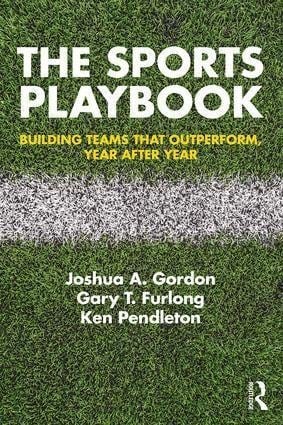 The book he’s referring to is, The Sport’s Playbook: Building Teams That Outperform, Year After Year. Gordon co-authored the seven chapter, ‘must read’, blueprint for establishing a culture of continued success. Every sporting team aims to replicate success and this blueprint simplifies the process. I asked him how he came up with the blueprint. He replied, “25 years of engaging in some of the most intractable and complicated conflict across a variety of contexts forces you to evaluate where barriers to success begin. This blueprint represents the common threads amongst the greatest culture innovators in high pressure settings where the slightest edge makes all of the difference. “
The book he’s referring to is, The Sport’s Playbook: Building Teams That Outperform, Year After Year. Gordon co-authored the seven chapter, ‘must read’, blueprint for establishing a culture of continued success. Every sporting team aims to replicate success and this blueprint simplifies the process. I asked him how he came up with the blueprint. He replied, “25 years of engaging in some of the most intractable and complicated conflict across a variety of contexts forces you to evaluate where barriers to success begin. This blueprint represents the common threads amongst the greatest culture innovators in high pressure settings where the slightest edge makes all of the difference. “
Further he says, “(conflict management and resolution) are learned skills, so they are often first learned in the context of family and then later in sport, educational, and professional contexts. Popular culture often emphasizes really bad conflict skills. It’s far more exciting to watch a TV show of people fighting than for a productive, interest-based conversation, drawing from an understanding of both yourself and others involved. That drama is best left on the television.”
On the perils of pretending that conflict doesn’t exist, Gordon says, “many mistake avoiding conflict as a form of keeping the peace, but often allowing conflict to reside in the darkness allows fertile ground for it to grow and have more negative consequences. Generationally, avoidance has become a prevailing strategy (and it does have its place from time to time) but it is used as a tool by default rather than a well-thought analysis as to what the best approach for addressing an issue is given the specifics of the players and the conflict.”
Further he explains that, “a lot of teams refuse to even acknowledge that they ever have conflict. Yet, the funny thing about conflict is that it will do its damage to a team whether or not you admit it exists. Teams often operate like a machine – each part needed to work in concert with every other part for the machine to produce. Conflict operates like grit in the machinery and it can damage individual parts and grind the entire system to a halt. At a minimum, everything operates a bit more inefficiently. In the extreme, people underperform, leave the team, or leave the sport entirely.
Conflict management and resolution skills are even more critical in the process of optimizing athlete outcomes in high-performance environments. Gordon says, “any high-performance environment is constrained by time and resources and being mired in conflict diverts both from the primary goals that individuals and teams are working towards. It’s far more effective to be able to proactively address issues rather than allowing them to erode performance.”
He explains that when the inevitability of conflict is managed well, there are systems and processes in place that anticipate and address it proactively. This prepares teams for the moments where resolution is needed.
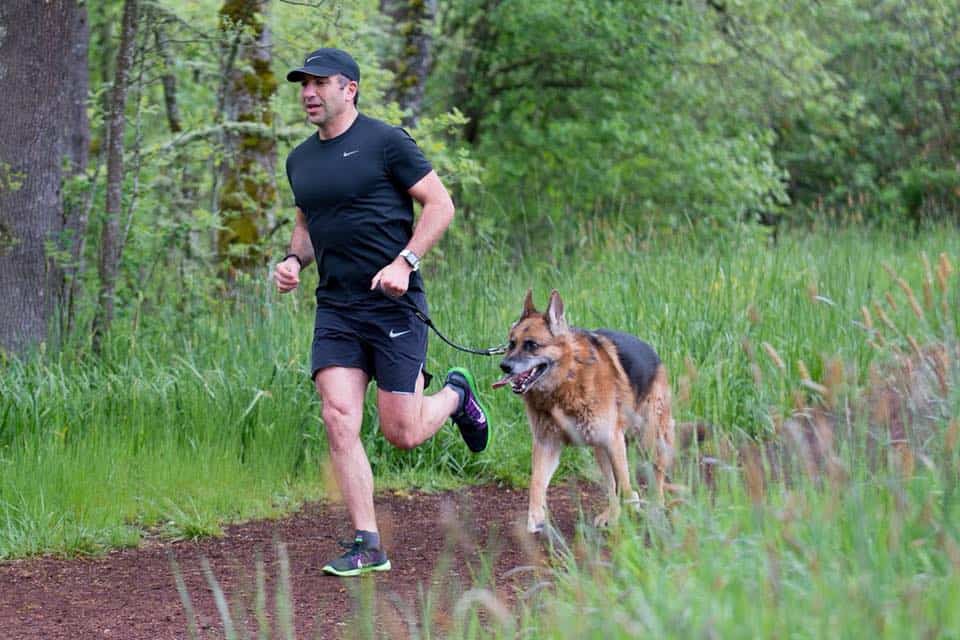
Gordon has developed a suite of conflict management tools and curriculum including; the Play-By-Play Model™, Outside the Box / Inside the Ring™, Stop Bully!™, Sports Conflict Observations Tools (SCOTs)™. Learning how to use and implement these tools is part of that proactive preparation for conflict.
In his consulting work, Gordon uses Athlete Assessments’ DISC Profiles to create self-awareness and quickly understand the athletes and coaches he’s working with. He says, “Athlete Assessments’ DISC Profiles ask the right questions to uncover invaluable insights on complex human behaviors so that we have a common language from which to follow the blueprint for high-performance culture. Culture and conflict are complicated, but the profiles help in making solutions accessible. All of my work with clients begins with assessment and, having evaluated nearly 40 other instruments, it is with confidence that we use Athlete Assessments’ DISC Profiles.”
As for working with the Athlete Assessments team, Gordon says, “It’s been such a pleasure having such great partners in Athlete Assessments. I always know that when a team is using their tools that they care about the right things!”
He adds, “Athlete Assessments have been amazing partners. It begins with my dedication to only working with good people – Bo, Liz, Laren, and the rest of the crew are absolutely outstanding people who happen to be great at what they do. They share a dedication to continuous improvement and are motivated by a similar passion for helping lay the foundations for success for others.”
Gordon concludes our interview with, “I hope that everyone who cares about performance makes sure to have a copy of The Sports Playbook on their desk, it’s meant to be used continuously, not simple read and put away on a shelf!”
If you’ve got here and find yourself wanting to read more about Joshua Gordon, you can do just that. We have the extended Q&A here.
Where to from here…
Are you a sport psychologist looking to achieve similar results with your clients? You too can take your consultancy to the next level and achieve the success that Joshua Gordon has.
As a top consultant, your clients rely on you being the best in your field, knowing the true determinants of success and having access to the tools that will make the most impact when it comes to improving performance. Athlete Assessments’ DISC Profiling is the tool you need to help your clients realize their potential.
Find out more about Athlete Assessments’ Consultant Program now.
At Athlete Assessments we’re here to provide you with excellence in service and to help you be your best. If there is anything we can do to be of service, don’t hesitate to contact us.
Suggested Articles
Mental Performance Coach, Dr Nicole Detling, is distinguished by her ability to cultivate exceptional progress in her athletes. Professionally, she was a fundamental part of Team USA’s incredibly successful campaigns at the 2010 Vancouver Olympics, 2014 Sochi Olympics and the 2018 Olympics in PyeongChang. She worked with the US Speed Skating and Freestyle Aerial Ski Teams as well as the Snowboarding team for PyeongChang. Over 2 decades she’s developed a unique insight into the pressures associated with Olympic performance, how to work through them and lay the foundations for success.
The dynamic and innovative Mental Performance Consultant, Dr Tiffany Jones gets results. Her portfolio of winning clients evidences her impact. The mental skills dynamo teaches strategies which immediately influence a team’s score line and through this article we’ll create a window into her work.
One of the biggest misconceptions when it comes to Sport Psychology is that an athlete needs to have deficits in their mental game before they can seek support. But Sport Psychologist, Dr. Justin Anderson works with some of the world's best athletes who just want to “be better”.
By Bo Hanson - 4x Olympian, Coaching Consultant & Director of Athlete AssessmentsRecently I had the time and pleasure to watch the 2013 movie Rush, directed by Ron Howard and starring Chris Hemsworth and Daniel Brühl. Rush,…


